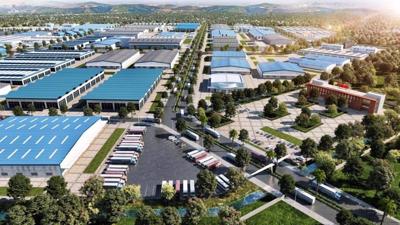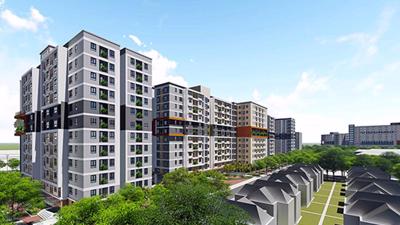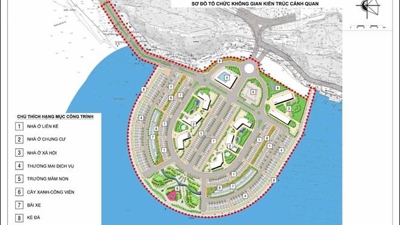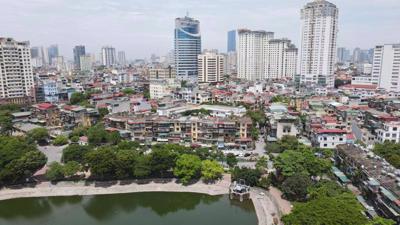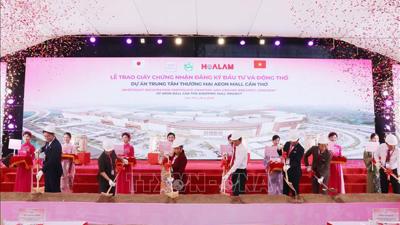Industrial real estate maintains high demand
Foreign investors continue to seek industrial real estate for new projects and expansion plans.
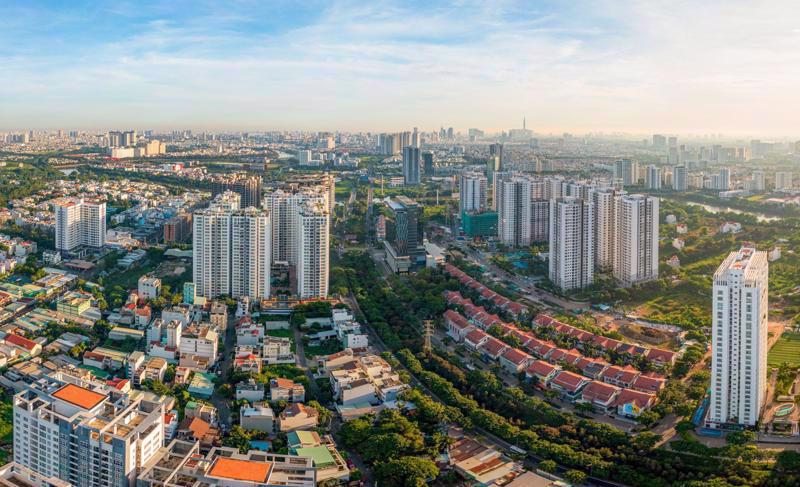
Figures released on March 20 by the Foreign Investment Agency (FIA) at the Ministry of Planning and Investment (MPI) show that total newly-registered, additional, and capital contributed to buy shares by foreign investors in the first quarter reached nearly $5.45 billion, equal to only 61.2 percent of the figure in the same period last year. However, the number of newly-registered projects reached 522, an increase of 62.1 per cent year-on-year. Real estate received the second-highest volume of FDI, with some $766 million, accounting for nearly 14.1 per cent of the total.
Despite the economic downturn, foreign investors have continued to show interest in Vietnam’s industrial real estate due to the country’s advantages in labor, infrastructure, preferential policies, and macro-economic stability. Several international companies have signed agreements to lease land for expansion plans, such as Foxconn, Samsung, Matsuya R&D, and Giant Manufacturing.
According to Mr. John Campbell, Deputy Director and Head of Industrial Services at Savills Vietnam, the country has the potential to become a new destination and center of production for the world in the fields of electronics, technology, and other industries that bring high value. The industrial and manufacturing sectors are expected to lead in the attraction of foreign capital, with foreign investors interested in high-quality, ready-built supply and industrial land.
However, finding a source of industrial land is becoming problematic for businesses as occupancy rates are high, especially in southern and northern provinces. New supply is not overly abundant due to difficulties in site clearance, which have increased compensation costs and land prices. Therefore, investment procedures, legality, and project approval processes need to be quickened to provide the best possible support.
Mr. Vu Minh Chi, Managing Director of Colliers Vietnam’s Industrial Services, agrees that licensing procedures, investment incentives policies, and legal support services are of particular concern to investors.
Analysts have said that Vietnam’s industrial real estate market still has space to diversify products such as data centers, cold storage, and logistics. Major opportunities in the logistics industry include last-mile delivery and the implementation of the 4.0 logistics system. A shortage of cold storage infrastructure in Vietnam presents an area developers could leverage to develop new projects. On-demand construction of factories to meet special technical requirements is also a point that will attract investors.


